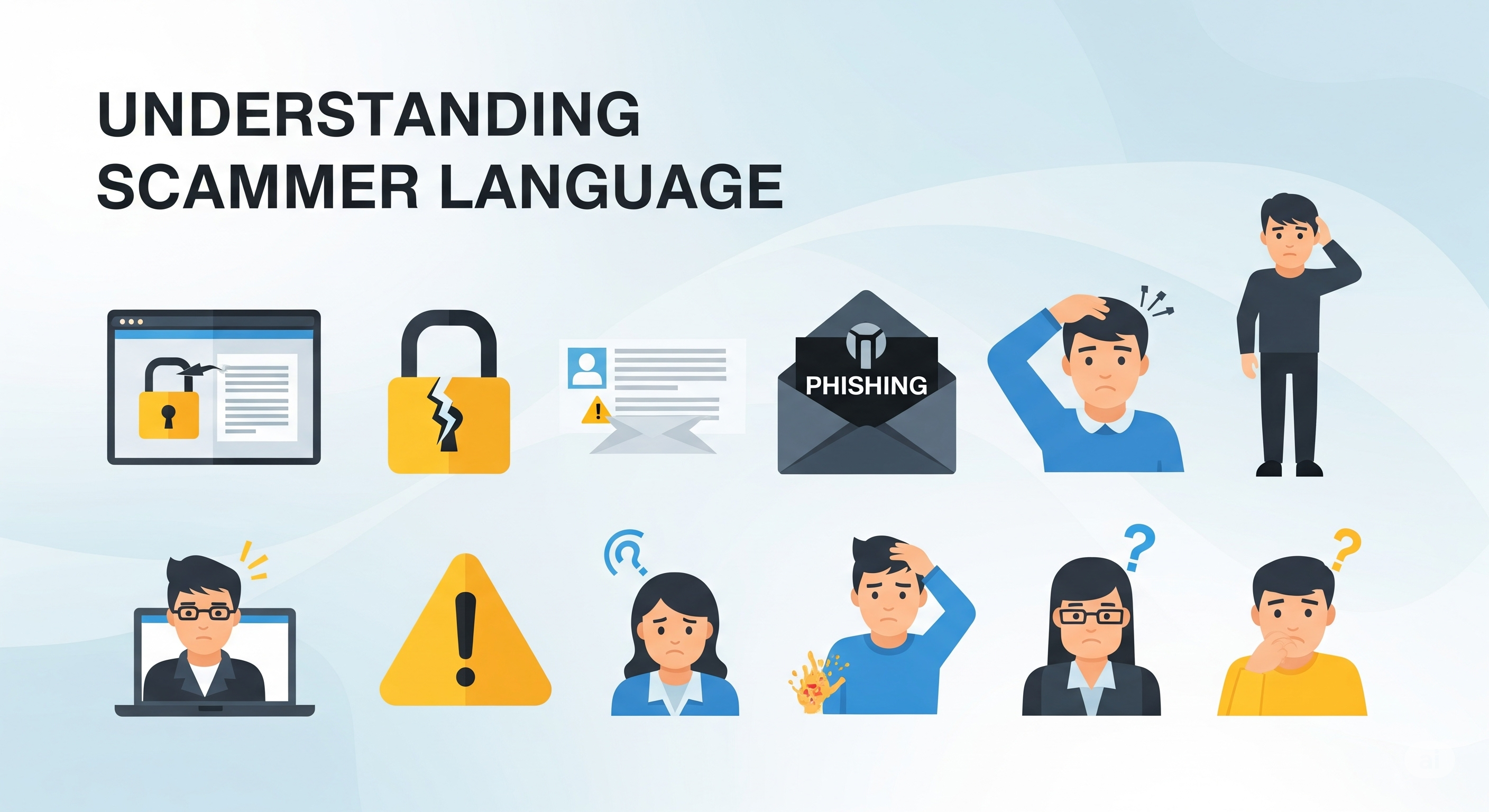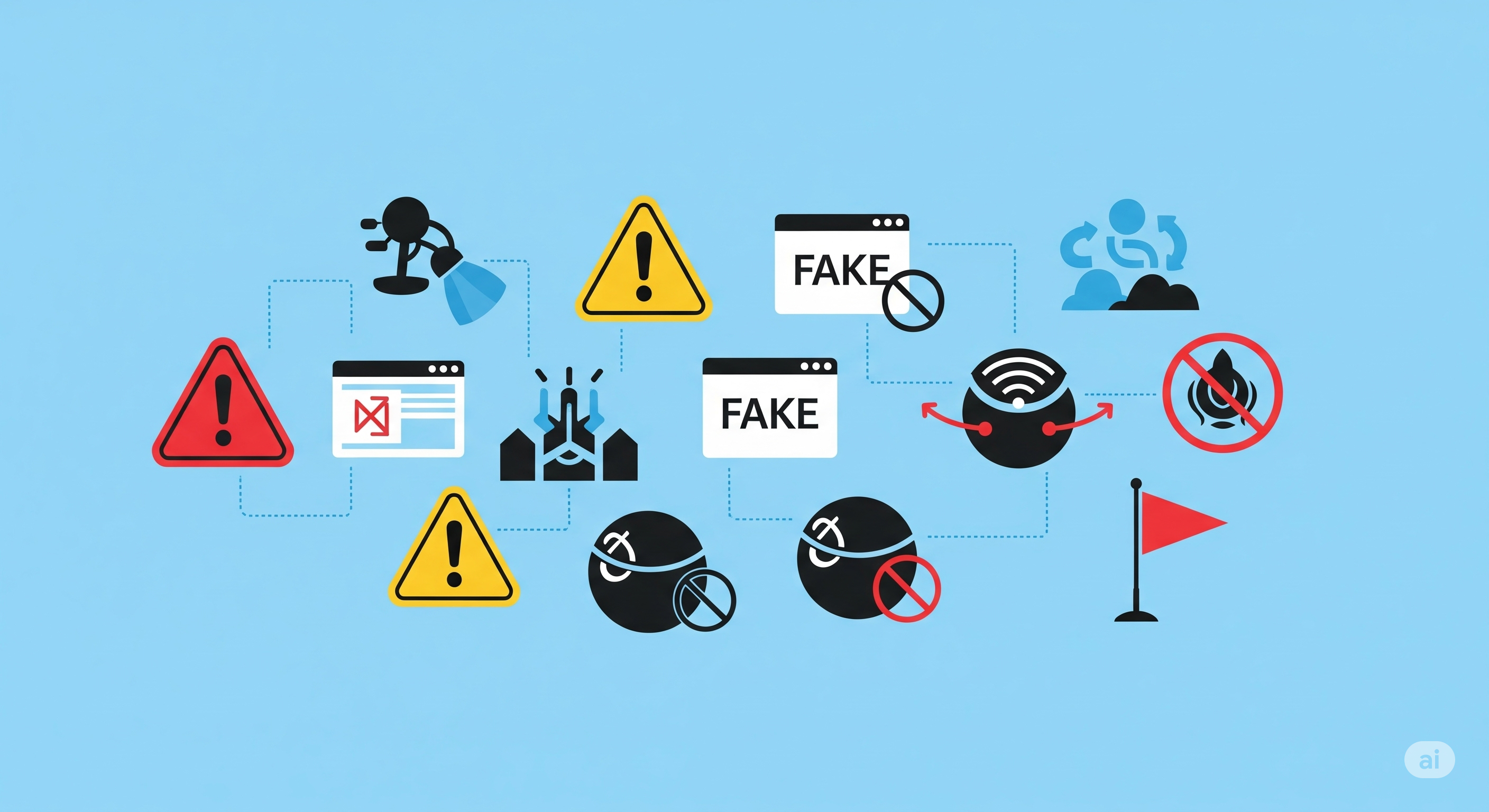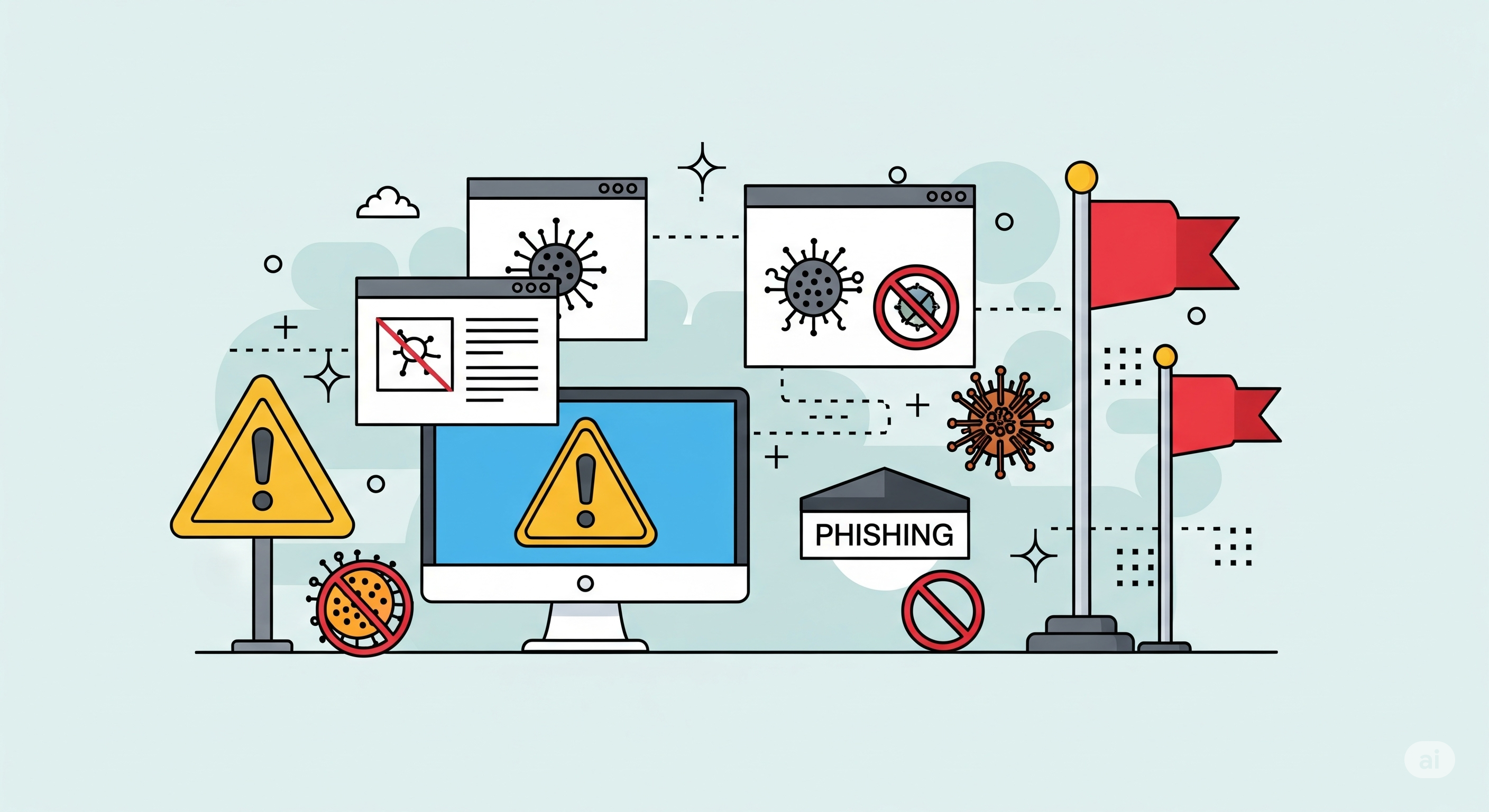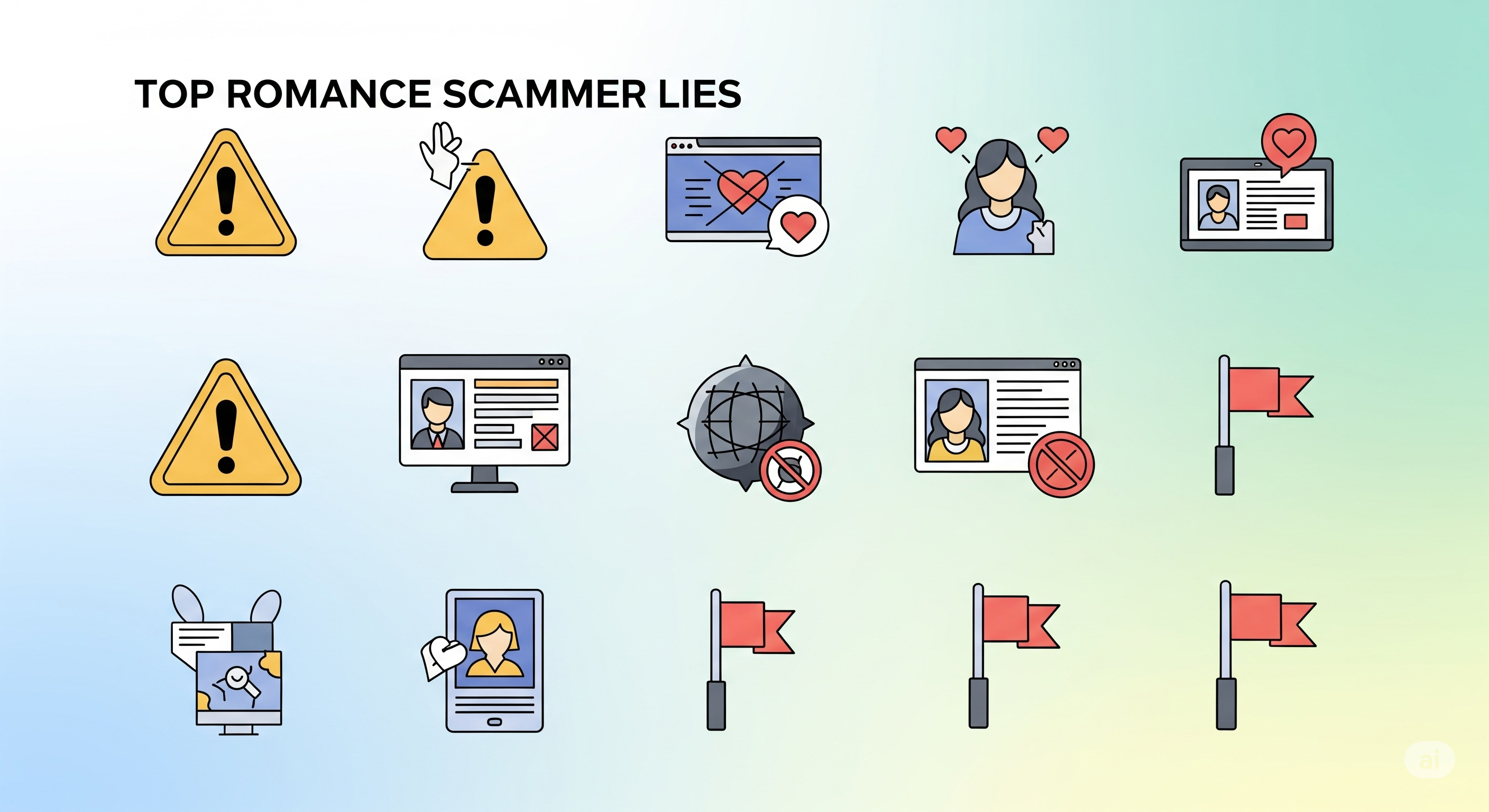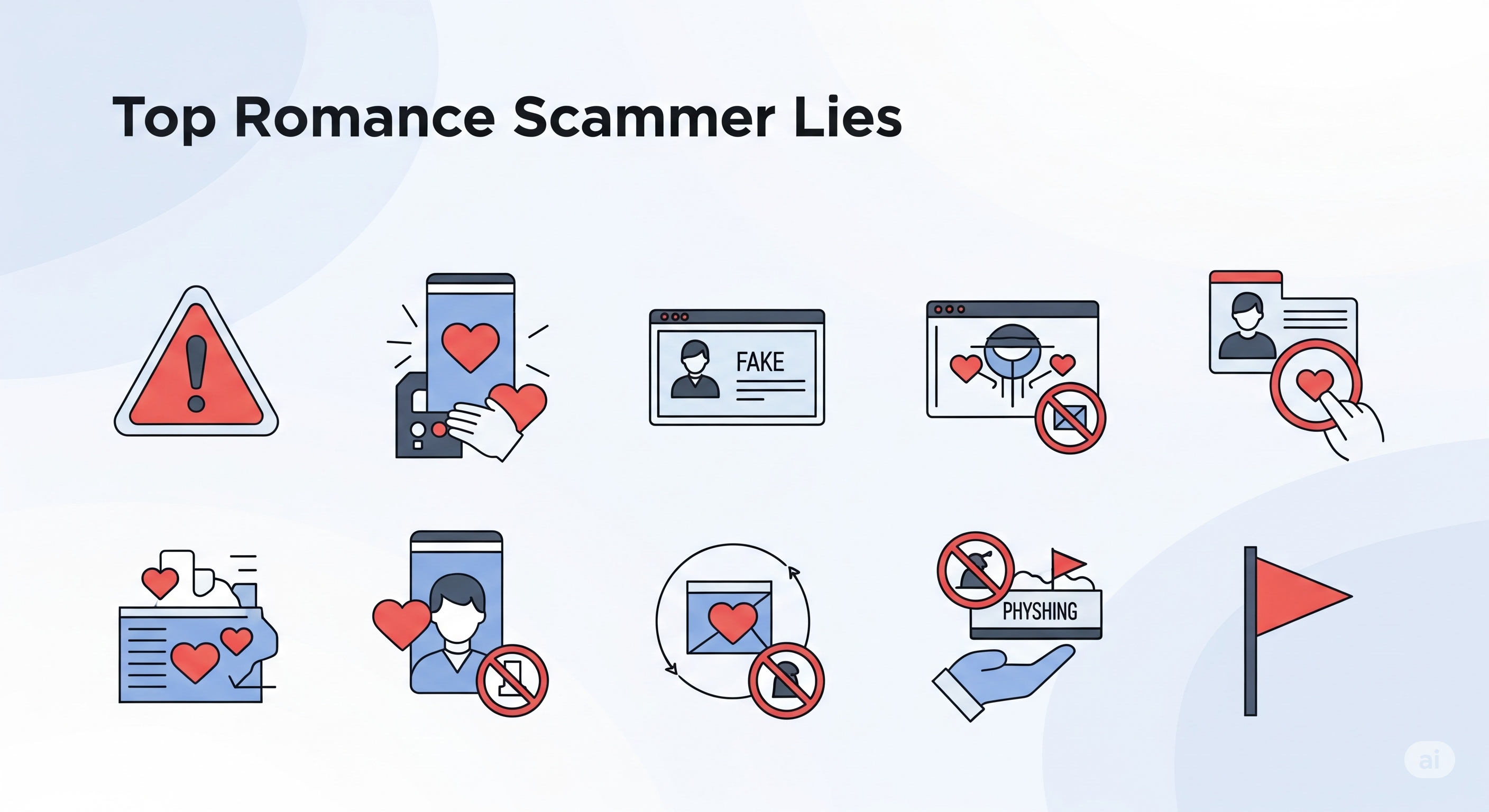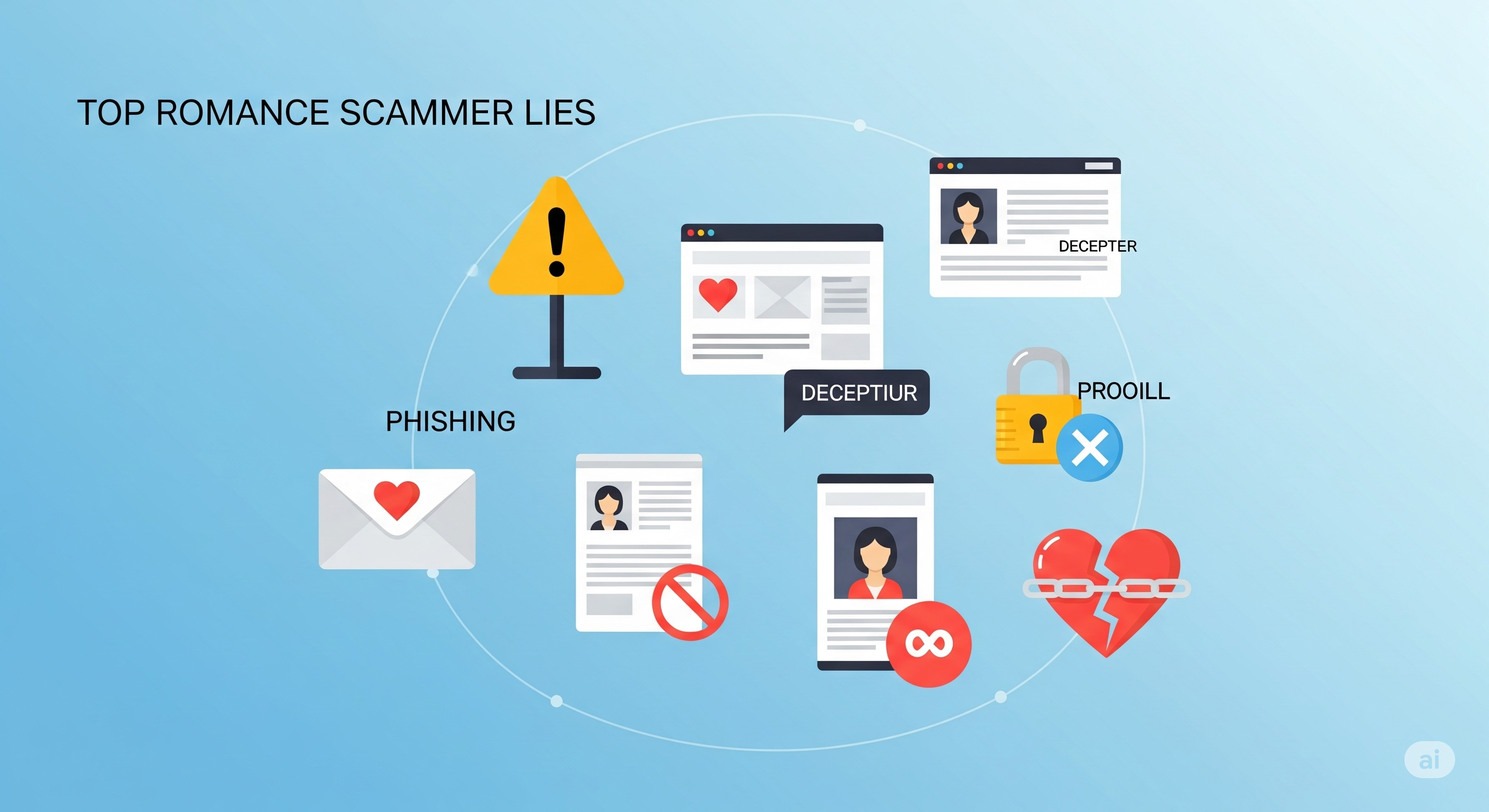More Details
Romance scammers use storytelling as a weapon. They craft elaborate tales that pull at your heartstrings, build emotional dependency, and encourage trust. Here's a deeper look into the most common and damaging lies they tell, how they’re structured, and why they work so effectively.
“I’m in the military and stationed overseas.”
This is one of the most widespread lies romance scammers use. By claiming they’re serving in a remote or war-torn region, the scammer explains their lack of availability, unstable internet access, or inability to meet in person. The military story also garners automatic respect and sympathy. They often say they’re looking for emotional support while deployed. This lie creates a powerful illusion of sacrifice and service, which many victims admire. But eventually, the scammer will claim they need help with leave papers, travel expenses, or some form of emergency requesting money or sensitive information.
“I want to meet you, but something always comes up.”
Scammers often talk about meeting face-to-face, but whenever a trip is supposedly planned, something dramatic happens: a car accident, a stolen passport, a sick child, or legal issues. These constant delays are designed to maintain the illusion of intention while avoiding any real-world accountability. They build hope with each fake plan, only to cancel it last-minute often asking for help covering the “unexpected” costs. These excuses can be so detailed and convincing that the victim continues to wait and hope.
“I’ve fallen in love with you so quickly.”
One hallmark of a romance scam is how fast it moves. Scammers express deep emotions within days, sometimes even hours. They claim it’s fate, that you’re their soulmate, or that they’ve never felt this way before. The aim is to sweep you off your feet and create a fantasy romance that feels irresistible. Once emotional investment is secured, it becomes much easier to manipulate you. You’re more likely to send money to someone you believe loves you.
“I’m a wealthy businessperson, but my funds are temporarily frozen.”
Some scammers flip the narrative and pretend to be financially successful. They talk about international contracts, real estate ventures, or startup investments. But suddenly, they encounter a problem: their bank account is frozen, they’re stuck abroad without access to funds, or they can’t pay a supplier unless you help. This lie tricks victims into believing their “partner” is wealthy and trustworthy but just needs a temporary hand. It’s also a ploy to make victims feel they’ll be paid back perhaps with interest or lavish gifts. Of course, none of that ever happens.
“My child/parent is sick, and I need help right away.”
Playing on empathy, scammers often invent a family emergency. They claim a loved one needs urgent medical care, surgery, or expensive medication. It creates pressure, guilt, and urgency especially if you’ve already established an emotional connection. The scammer might even fabricate medical documents, photos, or desperate pleas. This lie is difficult to ignore because it targets the kindest part of human nature the desire to help those in need.
“I’ve been robbed, and I’m stranded.”
Some scammers claim they were mugged or lost all their belongings while traveling. They need money to get home, replace a passport, or check into a hotel. It’s a sudden crisis that demands immediate action. Victims often feel an intense emotional pull to “rescue” their partner, especially if they’ve been talking for weeks or months. The urgency creates a scenario where victims act quickly without verifying the story.
“Let’s move off this platform and chat privately.”
Early in the conversation, scammers often suggest moving to a private messaging app or email. This isolates the victim from the platform’s safety features and monitoring. It gives the scammer more control and privacy while creating a more “personal” experience. While it might seem innocent, it’s a strategic move to begin a deeper scam away from prying eyes.
“I’ll repay you I just need your help first.”
Scammers rarely ask for a large sum upfront. They start small. A few dollars for phone credit, then a few hundred for “emergency travel,” eventually growing into thousands. They promise to pay it all back and even offer to wire you double. Some claim they’ve already sent the money but it’s “stuck in transit” and needs a release fee. The cycle continues until the victim is emotionally and financially drained.
“I can’t video chat because of my job/camera issues.”
Scammers avoid live video at all costs. They might claim they’re using a broken phone, have security restrictions due to their job, or are too busy. The goal is to avoid being exposed as someone entirely different from their photos. Many use stolen pictures of attractive models, military officers, or even real people they find online. Any attempts to verify their identity are met with excuses.
These lies, told over time with emotional manipulation, can feel incredibly real. But the core pattern remains: excuses, emergencies, and delays all leading to requests for money. Knowing the warning signs can help protect your emotional and financial well-being.
